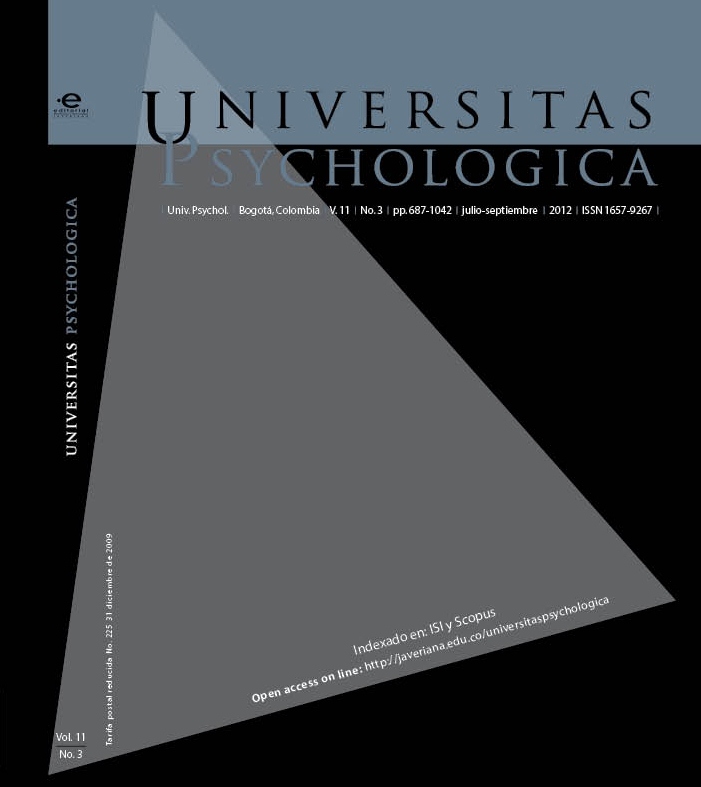Abstract
This study explored what should be known, by a teacher of talented children, when implementing the PENTA UC School program. This study included a sample of 18 educators directly involved in the implementation process of this enrichment program. Teachers established bridges between verbalized knowledge and their pedagogic practice, recognizing know and know-how as two fundamental spheres of knowledge for the implementation of this program. The results show that these spheres traverse five different dimensions: planning, implementation, evaluation, learning environment, and collaborative work; which, in conjunction, allow the teacher to apply a differentiated instruction, taking into consideration the particular learning paces and characteristics of talented children. Furthermore, the need to consider these spheres in teacher’s preparation programs was confirmed.
This journal is registered under a Creative Commons Attribution 4.0 International Public License. Thus, this work may be reproduced, distributed, and publicly shared in digital format, as long as the names of the authors and Pontificia Universidad Javeriana are acknowledged. Others are allowed to quote, adapt, transform, auto-archive, republish, and create based on this material, for any purpose (even commercial ones), provided the authorship is duly acknowledged, a link to the original work is provided, and it is specified if changes have been made. Pontificia Universidad Javeriana does not hold the rights of published works and the authors are solely responsible for the contents of their works; they keep the moral, intellectual, privacy, and publicity rights. Approving the intervention of the work (review, copy-editing, translation, layout) and the following outreach, are granted through an use license and not through an assignment of rights. This means the journal and Pontificia Universidad Javeriana cannot be held responsible for any ethical malpractice by the authors. As a consequence of the protection granted by the use license, the journal is not required to publish recantations or modify information already published, unless the errata stems from the editorial management process. Publishing contents in this journal does not generate royalties for contributors.


